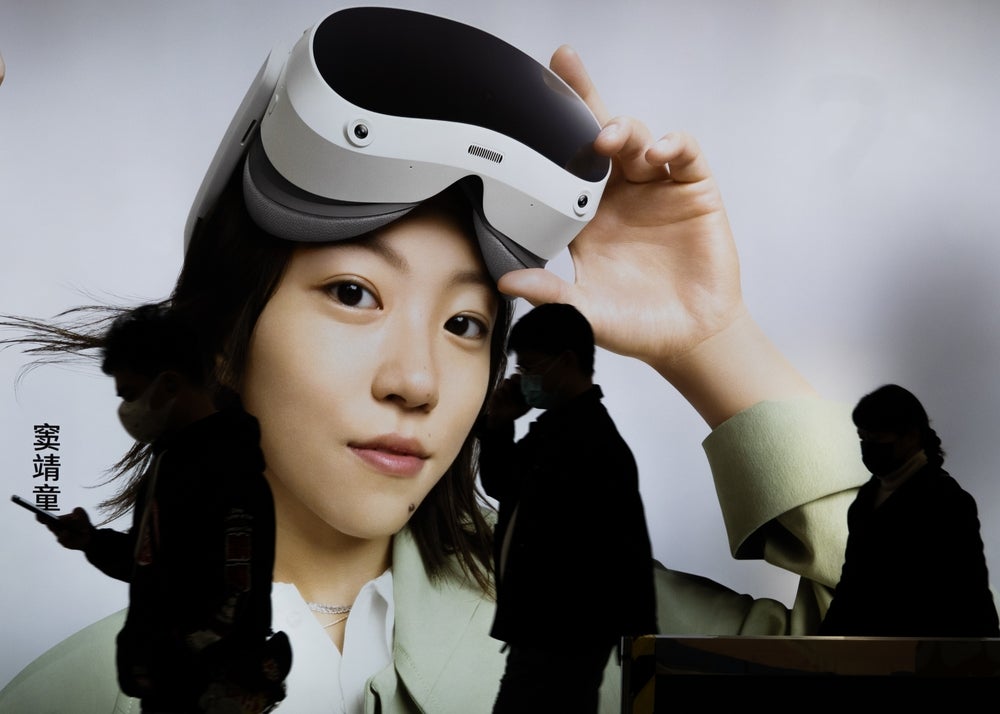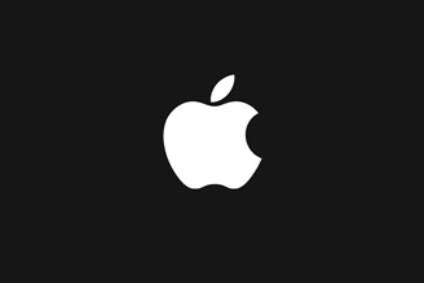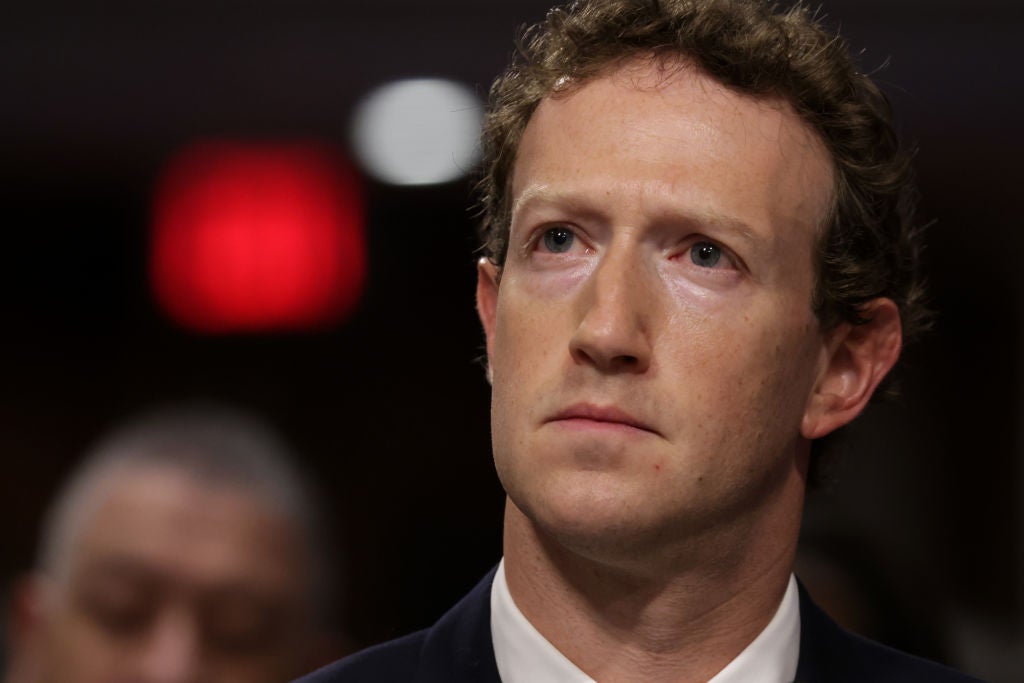
ByteDance, owner of TikTok, has claimed it has no plans to shut down its virtual reality (VR) business Pico and will remain committed to the technology in the future.
The announcement from ByteDance comes after several reports stated that the China-based company was planning to shutter the VR brand.
In a statement provided to Reuters, a ByteDance spokesperson said: “The report that we are shutting down Pico is not true.
“Pico is under normal operation and the company will continue to invest in the extended reality (XR) business over the long term”.
Pico headsets, the company’s answer to Meta’s Quest headsets, account for 58% of the VR market in China. Meta has not yet begun to sell its hardware in the country.
In February, it was reported that Pico had laid off over 200 employees.
How well do you really know your competitors?
Access the most comprehensive Company Profiles on the market, powered by GlobalData. Save hours of research. Gain competitive edge.

Thank you!
Your download email will arrive shortly
Not ready to buy yet? Download a free sample
We are confident about the unique quality of our Company Profiles. However, we want you to make the most beneficial decision for your business, so we offer a free sample that you can download by submitting the below form
By GlobalDataThe VR company was acquired by ByteDance in August 2021, at the height of the metaverse buzz – just a month before Facebook rebranded as Meta.
However, interest in the metaverse and its relevant technologies had a dramatic fall from grace in 2022.
According to research company GlobalData, the value of VR and AR venture financing, aqusition and equity offering deals peaked in 2021.
In 2021, the VR and AR deals totalled $3.5bn globally. In 2022, the technology saw a siginificant drop to just over $2bn.
In 2023 so far, VR and AR deals have totalled $834m, significantly lower than the year prior.
Meta’s stock price fell victim to the metaverse winter since its all-time high of 2021, losing nearly 60% of its value between September 2021 and October 2022, according to GlobalData.
Since October 2022, the price has slowly risen close to its previous highs.
Despite signs of a slow crawl back for the Zuckerberg's metaverse, artificial intelligence (AI) has taken most of the excitement and funding from the metaverse.
A recent GlobalData Technology Sentiment poll has shown a significant lack of confidence in the metaverse, with 59% of respondents feeling that the metaverse was all hype and no substance.
Only 6% of respondents thought metaverse technology would achieve its promises.
GlobalData defines the metaverse as a virtual world where users share experiences and interact in real time within simulated scenarios.
Meta CEO Mark Zuckerberg has remained a staunch metaverse evangelist throughout the downfall, allocating $21bn to Meta’s VR/AR research project Reality Labs since last year.






